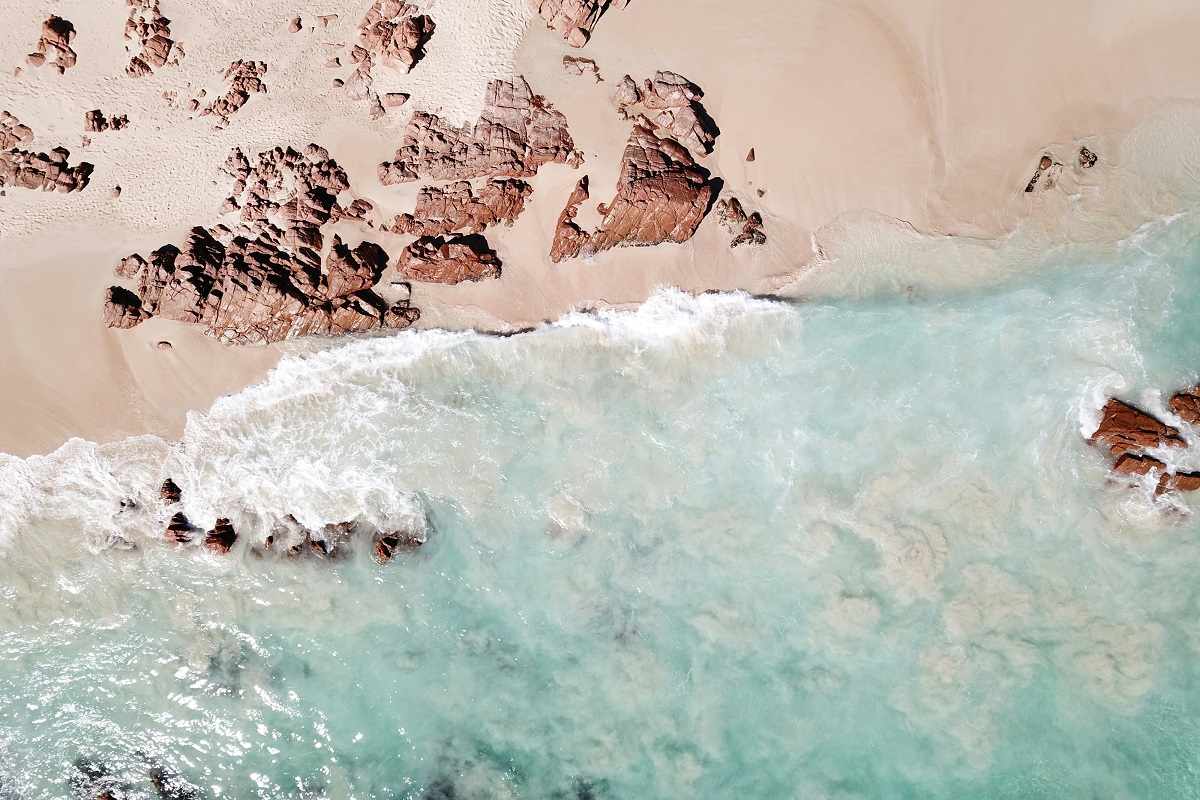What Does a Coastal Engineer Do?
A coastal engineer is a type of civil engineer who specializes in the design, construction, and maintenance of coastal infrastructure. This includes structures such as seawalls, breakwaters, jetties, and piers. Coastal engineers are responsible for managing and protecting coastal regions from erosion, storm surges, and rising sea levels. They work to ensure the safety, sustainability, and resilience of coastal areas.
Coastal engineers use a combination of engineering principles and environmental science to address complex coastal challenges. They analyze hydrodynamic conditions, wave patterns, and tidal forces to design structures that can withstand the harsh conditions of coastal environments. This requires a deep understanding of fluid mechanics, geotechnical engineering, and environmental regulations.
A key responsibility of a coastal engineer is to design infrastructure that balances functionality with environmental sustainability. Coastal engineers often work on projects aimed at preventing beach erosion and protecting shorelines from storm damage. This involves conducting coastal impact assessments to understand the potential effects of coastal structures on ecosystems and habitats.
In addition to design, coastal engineers also oversee the construction and maintenance of coastal infrastructure. They ensure that projects are built according to specifications and meet safety and environmental standards. This role requires strong project management skills and the ability to solve problems as they arise during construction.
Overall, coastal engineers play a vital role in safeguarding coastal regions and ensuring the sustainability of coastal infrastructure.
How to Become a Coastal Engineer
To become a coastal engineer, you need a combination of education, technical skills, and practical experience. The most common path begins with earning a bachelor’s degree in civil engineering, environmental engineering, or a related field. During your studies, you’ll take courses in subjects like fluid mechanics, geotechnical engineering, hydrology, and coastal engineering. This foundational knowledge is essential for a career in coastal engineering.
Many coastal engineers choose to pursue a master’s degree to gain specialized knowledge and improve their career prospects. Graduate programs in civil engineering with a focus on coastal engineering offer advanced coursework in topics like coastal processes, wave mechanics, and coastal structure design. These programs often include research opportunities and internships, providing hands-on experience in the field.
Licensing is a crucial step for coastal engineers. In many regions, engineers must pass the Fundamentals of Engineering (FE) exam and the Professional Engineering (PE) exam to become licensed professional engineers. This certification demonstrates a high level of expertise and allows coastal engineers to sign off on engineering projects and take responsibility for coastal infrastructure.
Practical experience is key to becoming a successful coastal engineer. Aspiring engineers can gain experience through internships, co-op programs, or entry-level positions with engineering firms or government agencies. This hands-on training allows them to work on real-world projects and develop skills in coastal design, construction, and project management.
Key skills for coastal engineers include strong analytical abilities, problem-solving, and attention to detail. They must be able to work with complex data sets and create accurate models for coastal structure design and analysis. Communication skills are also important, as coastal engineers often collaborate with other engineers, environmental scientists, and regulatory agencies.
Coastal Engineer Salary
The salary of a coastal engineer can vary depending on factors such as experience, education, location, and industry. In the United States, the average salary for a coastal engineer ranges from $60,000 to $100,000 per year. Entry-level coastal engineers generally earn lower salaries, while those with extensive experience or specialized certifications can earn higher salaries.
Location plays a significant role in salary variations. Coastal engineers in major cities or regions with high coastal development activity often earn more due to the increased demand for their expertise. Additionally, the industry can impact salary, with coastal engineers working in the public sector typically earning less than those in the private sector or with large engineering consulting firms.
Beyond base salary, coastal engineers may receive additional benefits such as health insurance, retirement plans, and bonuses. Some employers offer performance-based incentives or profit-sharing plans, providing additional compensation opportunities. Career growth and salary increases are often tied to gaining experience, obtaining advanced degrees, and taking on more significant responsibilities within engineering projects.
Where Does a Coastal Engineer Work?
Coastal engineers work in a variety of settings, depending on the type of projects they support. They often divide their time between office environments, construction sites, and fieldwork. This role requires adaptability, as coastal engineers must be able to work with complex data in an office setting and visit project sites to ensure proper coastal construction and maintenance.
In office settings, coastal engineers design and plan coastal structures. They use specialized software to create models and simulate wave and tidal conditions. Office work often involves creating technical reports, analyzing data, and collaborating with other engineers and stakeholders.
On construction sites, coastal engineers oversee the construction and installation of coastal structures, ensuring that projects are built according to engineering plans and meet safety and environmental standards. This fieldwork is essential for ensuring that coastal infrastructure is properly constructed and can withstand harsh coastal conditions.
Fieldwork is another significant aspect of a coastal engineer’s role. Coastal engineers visit coastal regions to conduct site assessments, monitor erosion, and gather data for design and analysis. This hands-on experience allows coastal engineers to understand real-world coastal dynamics and ensure that coastal structures are performing as expected.
Overall, a career as a coastal engineer offers a dynamic work environment with opportunities to work on projects that impact the safety and sustainability of coastal regions. It’s a rewarding role for individuals interested in engineering, environmental science, and contributing to the protection and resilience of coastal areas.


